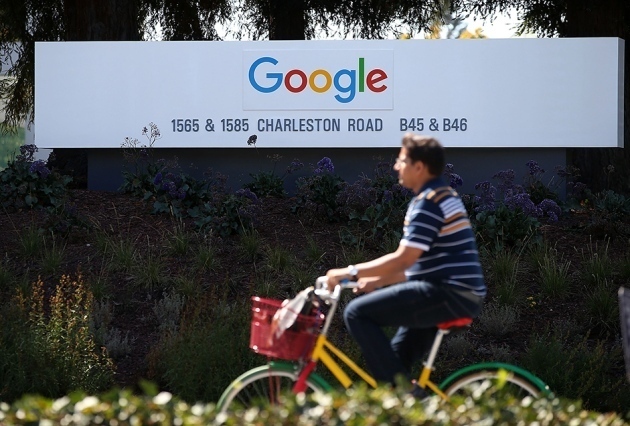Why biomedical superstars are signing on with Google
J Thoendell stashed this in Tech
Source: http://www.nature.com/news/why-biomedica...
“What I find compelling is the immersion of people with strong technology backgrounds — hardware and software engineers — sitting next to people like myself,” says Mega. “The impact feels very, very large.”
Mega’s decision to move in March to Google was one in a string of announcements by top-flight scientists and physicians who are enlisting in the mission, and pioneering a new type of career path in the process. Although academic researchers from fields such as computer science and engineering have led innovative Google projects (such as the Internet-connected eyewear known as Glass), Google and other technology companies are increasingly recruiting life scientists as Silicon Valley broadens its reach into health care. “I have a feeling we’re going to see a lot more recruitment of leading lights,” says Eric Topol, director of the Scripps Translational Science Institute in La Jolla, California.
...
But Google’s approach sets it apart: the company expends more resources on potential health applications and is exploring in more directions than others are. Observers estimate that Google puts more than a billion dollars per year into life-sciences research, although the company says that it does not break down its spending in that way.
Google’s life-sciences team is working on a range of projects that involve developing new ways of monitoring health. As well as the smart contact-lens project, there is the Baseline Study, which aims to collect large amounts of data about people to better quantify health and disease, with the goal of earlier and more-effective preventive care. The company also funds a huge array of external collaborations with academics. Google Genomics, for instance, is studying the application of cloud computing to genomics, and Calico has signed a slew of collaborations with companies and academic institutes.
“They’re reaching out to academia in a way that biotechnology companies often don’t,” says cell and molecular biologist Judith Campisi of the Buck Institute for Research on Aging in Novato, California. That enables scientists to collaborate with Google instead of joining it wholesale.
“For some academics, joining a technology company would be an exciting new opportunity,” says physician Steven Hyman of the Broad Institute of MIT and Harvard in Cambridge, Massachusetts. But it is “not a likely destination for those interested in mitigating risk,” he says. “After all, the life-science goals of the Googles, Apples and Microsofts of the world are likely to change in the near term as the companies explore an area that is new to them.”
Stashed in: Google!, MIT TR, Biotech!, Alphabet!











4:30 PM Oct 22 2015